Study: About half a million people in Uzbekistan are at risk of falling below the poverty line due to the pandemic
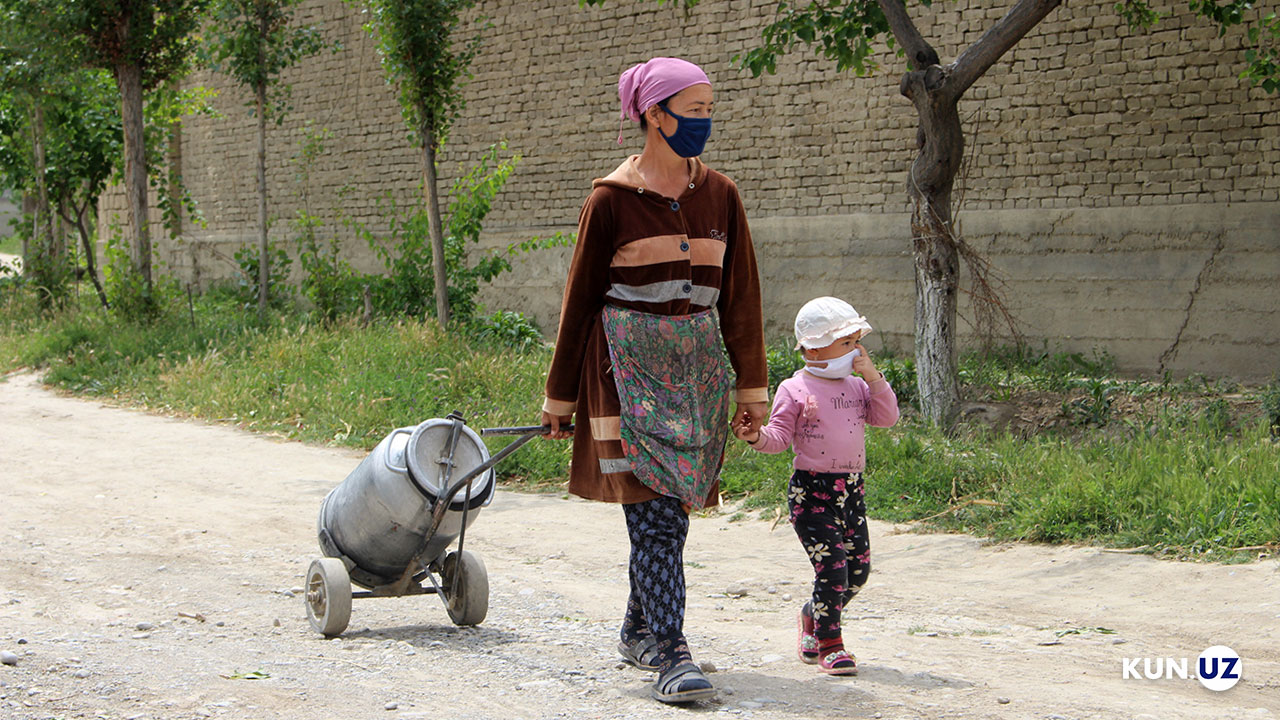
Photo: KUN.UZ
The results of the study assessing the social protection system in Uzbekistan have been published. It contains a description of key social protection programs in Uzbekistan and an assessment of their effectiveness, the nationwide movement “Yuksalish” reported.
“The study presents a detailed analysis of the national social protection system. Moreover, it provides recommendations that will also be useful for the government’s response programs against the coronavirus pandemic. Today, more than ever, we need to maintain a dialogue with the population in the field of social protection in Uzbekistan,” Bobur Bekmurodov, the chairman of the “Yuksalish” movement, noted.
The analysis showed that in 2018 about 55 percent of the country’s population were beneficiaries of social protection. Their total number decreased from 8.1 million in 2012 to 6.4 million in 2017. The largest decrease was recorded among recipients of unemployment benefits and child benefits for low-income families.
One of the main findings of the study is that the social protection system needs a single body that can lead and coordinate activities in this area, as well as develop and implement a national strategy. In turn, this strategy should contribute to the elimination of significant deficiencies in the social protection system for children and their families, people with disabilities and elderly citizens,” said Yulia Oleinik, Chief of Social Policy at UNICEF Uzbekistan.
Moreover, about 55% of the employed population is in the informal sector and, therefore, is not covered by social insurance programs. This category of people, along with low-income families, people with disabilities and the elderly, is at increased risk in the context of the coronavirus pandemic.
The World Bank estimates that about half a million people in Uzbekistan are likely to fall below the poverty line as a result of the COVID-19 pandemic. There is also a high risk of further deterioration of the situation in case of extending lockdown. Therefore, the country needs, more than ever, a comprehensive and responsive social protection system to serve people in need of assistance. The study identified the main shortcomings in the coverage of the population with such programs: almost half of all citizens and one-third of the poor in the country are still not included in any social protection scheme.
“The coronavirus pandemic and recent natural disasters in Bukhara and Syrdarya regions demonstrated the urgent need to ensure the economic resilience of the population by increasing the number of social assistance recipients. First of all, it refers to families below the poverty line and those who are close to it, households that were most affected by the crises,” noted Maddalena Honorati, a Senior Economist at the Social Protection and Labor Department in the World Bank.
Citizens shared their opinion on this issue during the public discussion of the study, and their feedback will be analyzed and presented to interested ministries, departments and international organizations during the planned round table meeting.
Related News
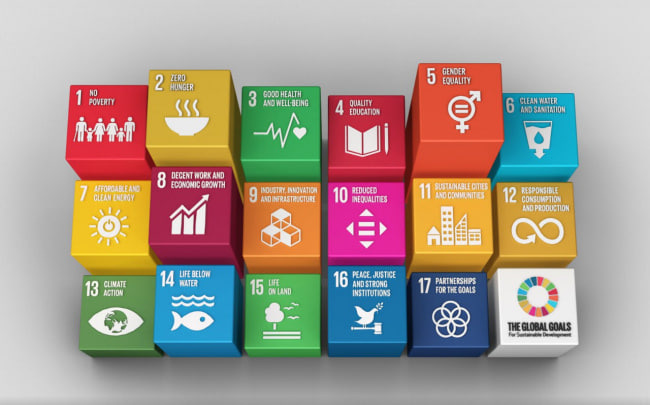
17:39 / 25.06.2025
Uzbekistan climbs 19 spots in global SDG rankings
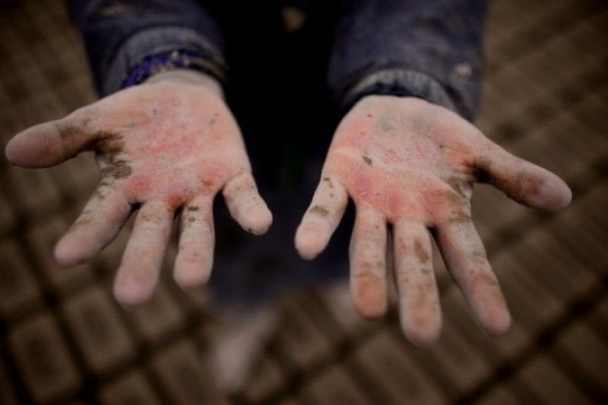
17:27 / 19.05.2025
Minors could be permitted to work in service and manual jobs under new draft law
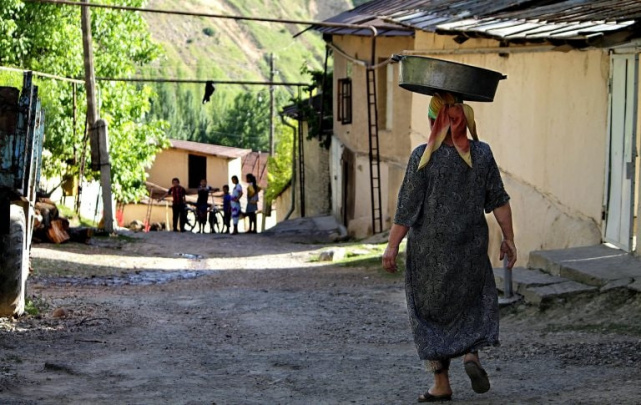
16:06 / 13.05.2025
Families living in poverty to receive tailored assistance based on new social support system
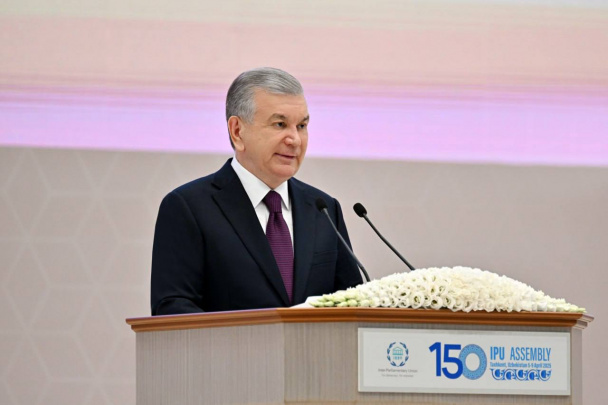
14:31 / 07.04.2025



